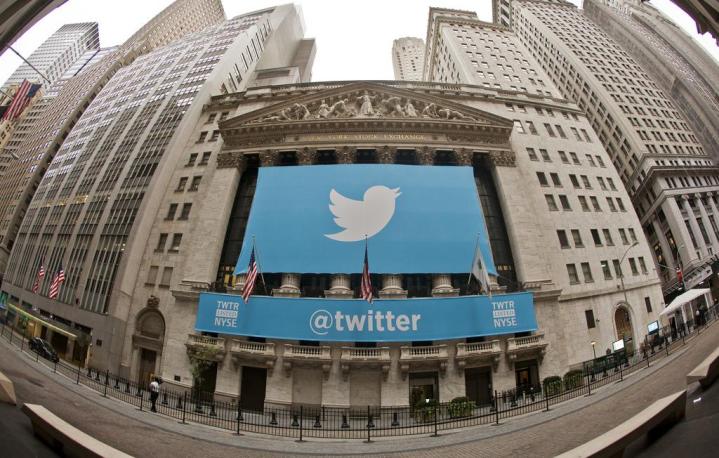
The report, posted on Twitter’s Policy blog, is the first time the social network has provided details of the efforts made in fighting extremism. They include increasing the size of teams that review reports, to reduce response time; looking into accounts similar to those reported; and using spam-fighting tools to look for “potentially violating accounts.”
Since mid-2015, we have suspended over 125,000 accounts for threatening or promoting terrorist acts. Read more here: https://t.co/FQJeOTtPLz
— Policy (@policy) February 5, 2016
The company says it has cooperated with law enforcement agencies when appropriate, and are partnering with “organizations working to counter extremist content online,” such as People Against Violent Extremism and Institute for Strategic Dialogue. It’s also sending its global public policy team to events and training sessions on countering violent extremism. After the November 13 attacks in Paris, in 2015, Twitter reportedly met with French officials on developing counter-strategy measures to combat terrorism.
Twitter campaign in #Saudi leads to closure of 300 #Daesh accounts. #UnitedAgainstDaesh
http://t.co/UZZUQIPRNh— مركز صواب (@sawabcenter) October 11, 2015
Twitter says the network is an “open platform for expression” that strikes a “balance between the enforcement of our own Twitter Rules covering prohibited behaviors, the legitimate needs of law enforcement, and the ability of users to share their views freely — including views that some people may disagree with or find offensive.”
But as we have seen, for every account that’s shut down, more are created. Twitter acknowledges that, saying there is no “magic algorithm” for identifying terrorist content and “forced to make challenging judgement calls based on very limited information and guidance.” The company says it will continue to enforce those rules and work with authorities and organizations “to find solutions to this critical issue and promote power counter-speed narratives, while other researchers are developing technologies that could help Twitter. Free-speech advocates will no doubt questions if this could lead to censorship, as Twitter and other social networks are faced with the difficult task of providing an open forum.
Editors' Recommendations
- Mike Pence’s fly has already amassed 90,000 followers on Twitter
- Police arrest suspect in hack of Twitter CEO Jack Dorsey’s account
